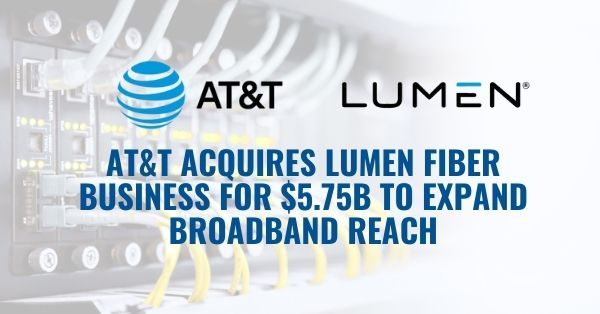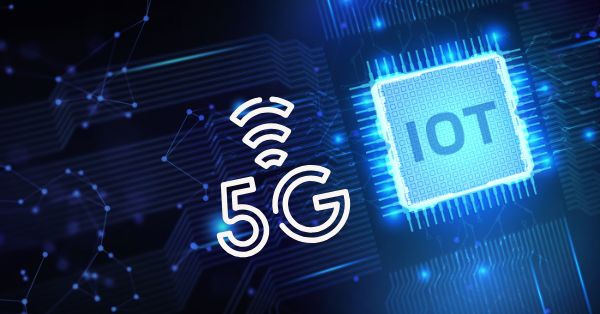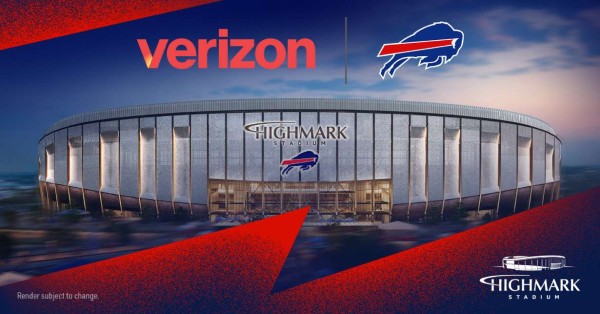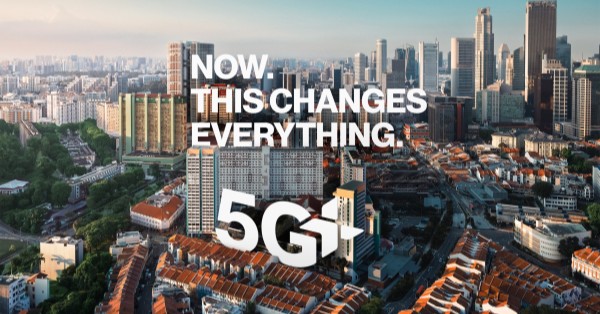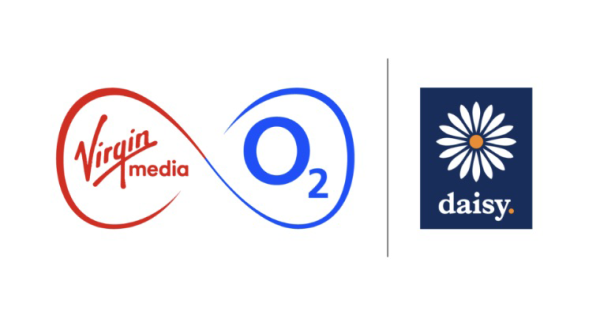Tesla’s Leap into Private 5G: Insights from the Berlin Gigafactory
Tesla’s Strategy for Private 5G Rollout and Innovation
Tesla has captured the tech world’s attention once again with its innovative deployment of a private 5G network at the Berlin Gigafactory. This facility is at the forefront of integrating advanced technologies in automotive manufacturing, setting a benchmark with its transition to private 5G networks. Notably, Tesla plans to extend this technology globally, highlighting its commitment to innovation and industry leadership.
“Being one of the first in the automotive industry to launch private 5G at scale is a testament to our forward-thinking approach here at Tesla,” commented Pat, a Tesla IT department member. “Starting with Giga Berlin and scaling it globally is our strategy to enhance connectivity and operational efficacy across our facilities.”
Improving Operations with Tesla’s 5G Connectivity
The installation of the private 5G network has revolutionized connectivity within the Gigafactory, particularly enhancing the coverage in outdoor areas which previously required extensive cabling and power setups. Ernesto, from Tesla’s networking team, noted the significant operational improvements brought about by this technology, especially in updating vehicle software and managing logistics with greater efficiency.
Strategic Integration of Private 5G in Tesla’s EVs and Robotics
Tesla is enhancing its factory operations with private 5G and integrating this technology into its electric vehicles and humanoid robot, Optimus. A March 2024 article from TeckNexus revealed Tesla’s ambitions in private networks, detailing a job posting for a Cellular Systems Integration Engineer to develop a private 5G network to enhance the connectivity of Tesla’s product lineup. This role is crucial for ensuring the integration of 5G technology aligns with the internal connectivity requirements across Tesla’s premises, including R&D labs and manufacturing floors.
“Private 5G networks are foundational to our vision for the future of Tesla, where enhanced connectivity can significantly improve the performance and functionality of our vehicles and robotics,” said Pat Ruelke, Tesla’s lead staff engineer.
Advancing Autonomous Tech with Tesla’s Private 5G
The implementation of private 5G is set to redefine the realms of autonomous driving and robotic operations. For Tesla’s vehicles, 5G technology means a leap towards more efficient and reliable autonomous driving capabilities. This is crucial for Tesla’s Full Self-Driving (FSD) software, which benefits from the low latency and high data transmission rates provided by 5G to make real-time decisions essential for safe driving.
Moreover, the humanoid robot Optimus will benefit from increased operational efficiency and versatility, enabling it to perform more complex tasks with precision. The integration of 5G promises to enhance its functionality significantly, especially in scenarios requiring real-time data exchange and coordination.
The Broad Impact of Tesla’s 5G Strategy on Industry Standards
Tesla’s foray into private 5G networking does not exist in a vacuum. It reflects a broader industry trend where private networks are increasingly seen as crucial for the next generation of connectivity solutions in various sectors, including automotive and robotics. As Tesla continues to expand its 5G capabilities, it sets a precedent that could encourage other companies to explore the potential of private networks.
The ongoing development of Tesla’s private 5G infrastructure not only enhances its current product offerings but also lays the groundwork for future innovations that could transform the automotive and robotics industries. This strategic move is aligned with Tesla’s mission to drive the global transition to sustainable energy and showcases its commitment to utilizing cutting-edge technology to elevate efficiency, safety, and user experience.
Tesla’s initiatives in private 5G networks underscore its leadership in integrating telecommunications technology into automotive and robotic applications, paving the way for a future where smart, connected technologies redefine industry standards and practices.





